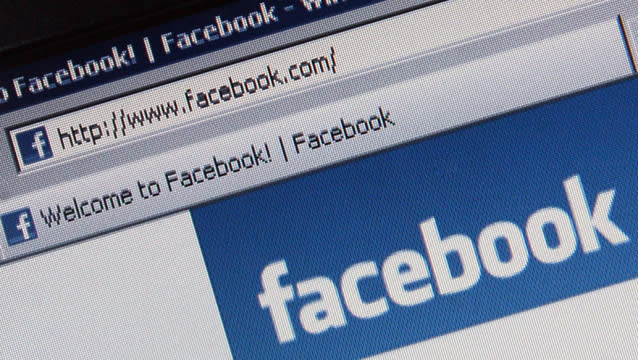Facebook Is Ruining Facebook – Again: Here Come Video Ads

Facebook (FB) is about to take its most intrusive advertising to a new medium – video – and it could be the most annoying yet.
On tap: short video ads placed smack in the middle of users’ main news feeds.
Related: Facebook Surges and Mark Zuckerberg Pockets $3.8 Billion
Un-skippable Facebook video ads might seem like the greatest innovation in decades for major marketers, who have been coping with diminishing and fragmented television audiences for decades. Facebook says 88 million to 100 million people are on the service during primetime TV hours, almost as many people who watched this year’s Super Bowl.
But users might revolt; it’s happened before, many times before.
After all, people are flocking to social networks to see cute pictures and silly posts from friends and family, not to sit through ads for pickup trucks, allergy pills and fast food.
Related: Facebook's Back: Shares Top $38 IPO Price
Angry users could revive the “Quit Facebook Day” protest from 2011, when a change in privacy settings sparked criticism. But the organizers’ website ended up with only 40,620 “committed Facebook quitters,” a drop in the bucket for the huge social network.
And there are some reasons to believe that Facebook will succeed.
Last week, additional details about the video advertising leaked out. Ads will run only 15 seconds and users won’t see more than three per day, Bloomberg reported. And advertisers will be charged up to $2.5 million per day – more expensive per second than a TV ad on this year’s Super Bowl broadcast, which went for $4 million per 30 seconds.
Facebook declined to comment.
Currently, the site allows advertisers to embed video ads in posts, which users only see if they subscribe to the advertisers' feed, limiting the audience to a fraction of Facebook’s users base.
But Facebook has already set a precedent for putting unavoidable ads in the main news feed. Starting last year, advertisers could buy spots to run text and picture ads in the feed. The innovation brought few complaints and much new ad revenue and helped the company report a 53% jump in second quarter sales from last year.
Facebook CEO Mark Zuckerberg said last month that the company found no “meaningful drop” in customer satisfaction when it polled people who saw the static ads in their feeds versus those whose feeds were ad free. Facebook isn't planning to start putting ads yet on Instagram, the photo posting network it bought last year for $1 billion, Zuckerberg added.
Google’s YouTube site has slowly but surely been increasing its video advertising without drawing significant criticism. Still, only about 14% of YouTube videos played have ads, according to analyst Rory Maher.
Asked about putting video ads in Facebook news feeds on a call with analysts last month, Facebook chief operating officer Sheryl Sandberg wouldn’t say much.
“So the demand to do more in video on Facebook is there, and we're exploring how we can expand that, but we don't have anything new to announce today,” she said.
The move would also be consistent with the long-term trend toward increasingly pervasive advertising in American culture. Once upon a time, ads in movie theaters were considered controversial. Telemarketing evolved into faxed ads, email ads, web ads, phone ads and on and on.
The biggest controversy in Facebook’s history was probably its 2007 Beacon project, which was going to track users' activity around the web. Beacon set off a wave of bad publicity and Facebook quickly scaled back the plan, then abandoned it altogether in 2009. Last year Zuckerberg admitted the plan was “a small number of high profile mistakes,” the company has made.
If enough users complain, Zuckerberg could easily cancel the news feed videos, too. But history suggests he won’t have to.
Tell Us What You Think!
Send an email to: thedailyticker@yahoo.com.
You can also look us up on Twitter and Facebook.
More from The Daily Ticker:
Detroit Goes Begging as Obama Sends Money Overseas
